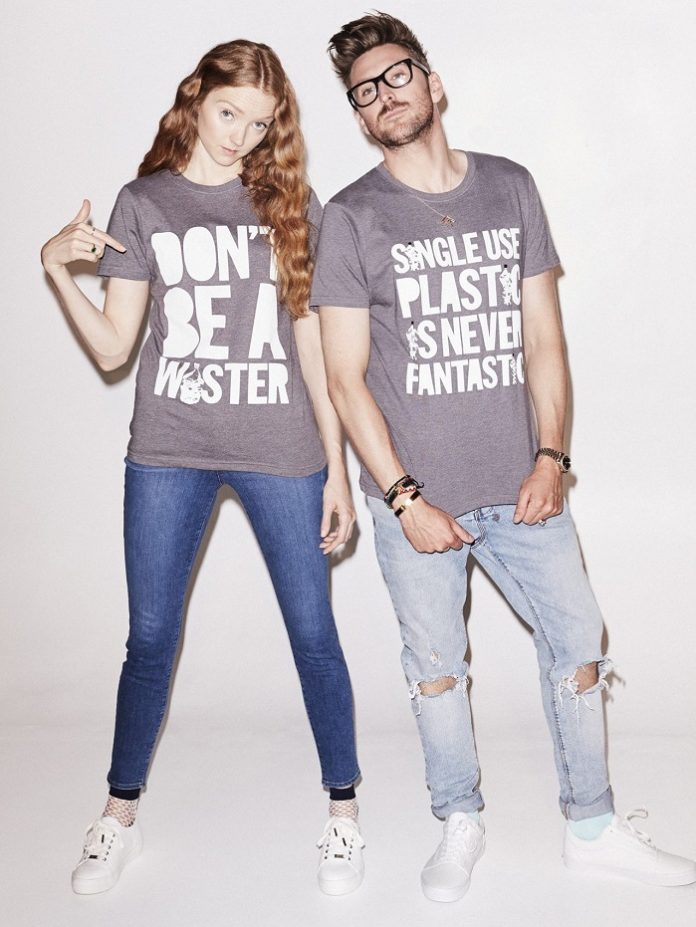Each year UK businesses spend an average of £120 per employee on uniforms and promo wear. At the same time, surveys show that 81% of consumers expect businesses to be doing something about sustainability.
Rapanui, a start-up from the Isle of Wight, started a fashion brand that uses organic fabrics made in ethically accredited, wind powered factories to help big business meet their sustainability goals and put the results centre stage. The company created interactive traceability maps that let customers find out where their clothing comes from and how it’s made.
“Whilst it was a mild hit with mindful consumers, success came from an unexpected quarter: this kind of traceability was exactly what procurement professionals have been looking for,” the company reports.
Sustainable products at accessible prices
“It’s not that people don’t care about this stuff, it’s just super hard to know what is the right choice when you can’t see where stuff comes from or how it’s made,” said James Gray, of Rapanui. “It turns out that many buyers out there experience this frustration every day. We’ve been delighted to help them achieve their goals by supplying more sustainable products at accessible prices.”
As well as commanding industrial volume price breaks to pass on to the UK market, the company has heavily invested in technology to automate large parts of the printing process. The efficiencies are said to absorb the normally higher cost of being a certified organic company, making the products competitive with basic, low value merchandise. The dedicated B2B website gives some hints at this process with a fully automated quote form.
“The sum of marginal gains across the technology aspect of our business is what makes it possible to produce ethically made, yet highly competitive printed promo wear and uniforms for the UK’s top businesses and charities.”
Growing awareness
The company’s use of organic cotton and renewable energy to power their factories (on site solar in the UK, wind in India) gives the purchasing business a quantifiable CO2 reduction figure, the company explains.
“We think this reflects the growing awareness that simply burying your head in the sand on sustainability is no longer acceptable to consumers,” said James. “Businesses know we must take responsibility for our supply chains. At uktshirtprinting.com we’re looking forward to continuing to help share the progress we’ve made with businesses looking to do something about sustainability in the UK.”

Subscribe To Our Newsletter
Join our mailing list to receive the latest news and updates from our team.














